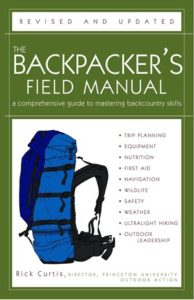There is an interesting article in April 13th edition of the Austin Statesman on whether ambulance and fire dispatchers should instruct people over the phone on use of an autoinjector of epinephrine. It’s another spin on this epinephrine tale. 1
It also speaks to the issue of skill retention. There are several articles in the medical literature that discuss patients who forget how to operate their EpiPen®, or leave their physician or pharmacists offices without instructions.2 I’ve seen a few anecdotal accounts of tragic outcomes when the EpiPen® was present, but could not be used properly. One survey showed that only 40% of hospital based physicians were able to correctly demonstrate use of an autoinjector, and that was after reading the instructions. The most common errors were not exerting enough pressure to activate the EpiPen®, quickly punching and removing the Epipen® instead of holding it in place, and injecting the medication into the thumb. 3
A recent study from the University of Manitoba reviewed 26 reports on accidental autoinjector injections over the past two decades. Most of the incidents, finger jabs, happened to patients or the person trying to help. In about 10% of cases, the victim was a healthcare worker demonstrating the autoinjector. Most of the effects were not serious – increased heart rate, palpitations, temporary numbness and “pins and needles” sensations.4
This is a good reminder to programs and individuals who carry epinephrine, or staff who may be placed in a position of using an autoinjector (Epipen® or Twinject™), to pull it out every once in awhile, make sure it’s not expired and make sure you remember how to use it.
1. https://www.statesman.com/news/content/news/stories/local/04/13/0413dispatch.html
2. Grant R Hayman, Jacqueline A Bansal, Amolak S Bansal Knowledge about using auto-injectable adrenaline: review of patients’ case notes and inter views with general practitioners 2003;327;1328- BMJ
3. Mehr S, Robinson M, Tang M. Pediatric Allergy and Immunology 2007 Aug;18(5):448-52.
4. F Estelle R. Simons; Phillip L. Lieberman; Edward J. Read Jr; Eric S. Edwards. Hazards of unintentional injection of epinephrine from autoinjectors: a systematic review Annals of Allergy, Asthma and Immunology, Vol. 102, No. 4, pp.282-287.


